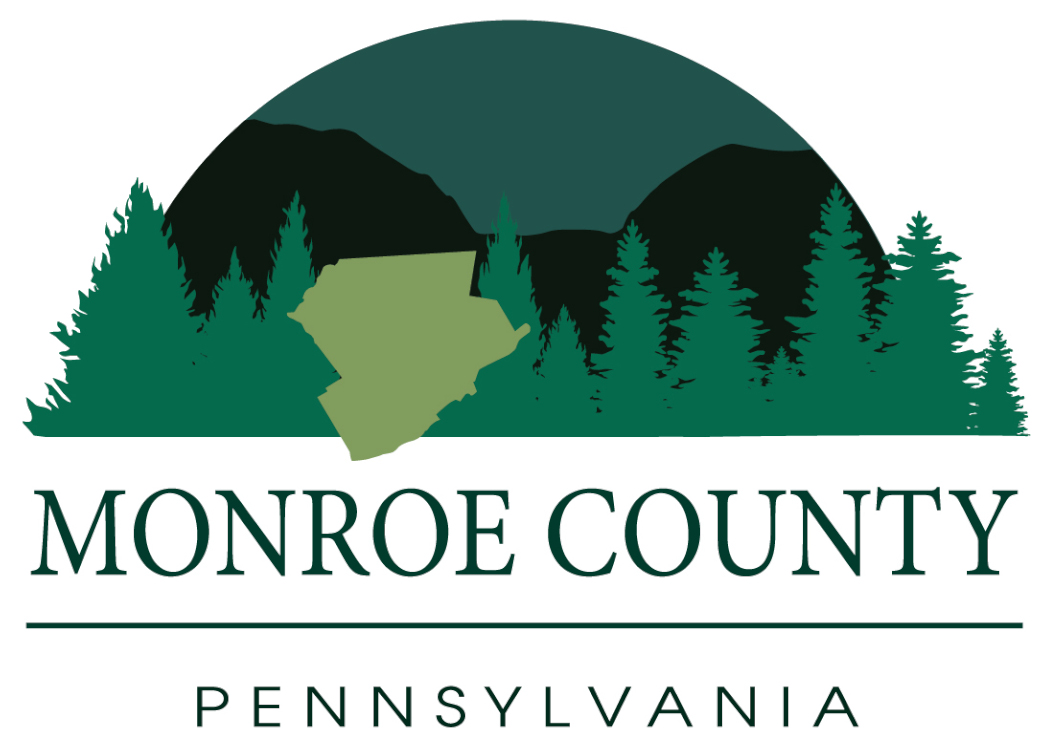MOBILE, Ala. (WKRG) — The legacy of Dr. James Alexander Franklin born in 1886 in Chattanooga, Tennessee, is helping Alabamians live healthier lives more than 100 years later.
"The doctors here, they listen and understand what you're going through," said Sherrie Jones who started receiving medical care at Franklin Primary Health Center eight years ago for migraines.
Bear, ‘the dog with a box on its head,’ has finally been caught
This facility is built much on the philosophy of treating everyone regardless of income. Franklin, the only African American in his class, graduated second from medical school at The University of Michigan.
After graduation, he practiced medicine in Evergreen, Alabama, circa 1916 during segregation.
 Vigor student wins cooking competition with this pineapple steak recipe
Vigor student wins cooking competition with this pineapple steak recipe
"We had a pandemic. It was the Spanish flu, and this white person came to his house and said, 'My wife is dying, please come help me.' Dr. Franklin has been about medical care all his life. It wasn't about color. It was about health," the doctor's grandson Eric Franklin Finley said.
Finley goes on to explain what happened six months later after the white man's wife revealed to a friend how Dr. Franklin went to her home and treated her, saving her life.
"Well, by the time the story got from A, B, C to D, all D knew was that a Black man had touched a white lady, and there was a mob coming to lynch him, and the husband tried to stop the mob. But he couldn't."
As the story goes, the husband sold his only horse to get Dr. Franklin, his wife, and at the time two children, enough money to get on the train and go as far south as they could. They ended up in a part of Mobile known as Plateau, Africa Town where the doctor lived and made house calls with a blind mule and a wagon.
Mobile County Health Department providing rabies clinics for petsFinley's mother, Evelyn, is one of the doctor's two children who made that train trip. Finley's grandfather though penniless would have a profound impact on Africa Town, as described by Charles White, CEO of Franklin Primary Health Center, Inc.
"I mean he did it all," White said. "He was a person who saw adults and I mean women and children. He did pediatrics care. He saw children and he also delivered babies. He delivered a lot of those babies at home, in the homes. He did a lot of home care. He would travel sometimes 30, walk sometimes 20 and 30 miles to go see patients. I mean that's something. He had a work ethic that was out of this world. He saw sometimes up to 100 patients a day."
Though she never met Dr. Franklin, Sister Marilyn Aiello, O.P., M.D., a nun at Most Pure Heart of Mary admired his commitment to the community.
"The Black community did not feel welcome in white areas," Sister Aiello said. "So it was very difficult and that's why Dr. Franklin was so essential and important. Because here he was one of their own who welcomed them and was highly educated and a good doctor and he never turned them away."
City of Mobile prepares for future with public meetings
Dr. Franklin moved his growing practice to what was then Davis Avenue, now MLK. He also moved his growing family into a home on Ann Street in Mobile. Inside the Historic Franklin House and Gallery are photographs of his ten children and Black celebrities who stayed there when they were unwelcome at local hotels. Also on display is a 1954 article by Ebony magazine highlighting what it called "The South's Richest Negro Doctor" detailing how Franklin turned poverty into wealth with decades of hard work.
When he died in 1972, the physician left a void in the community that encouraged Sister Aiello to consider leaving a career she loved of teaching science to pursue medical school in her middle thirties.
"Mrs. Finley was the daughter of Dr. Franklin, and she told me that if I ever became a doctor, that I could, they would be happy if I would use their clinic in the memory of their father. So that deeply inspired me to apply for medical school," explained the Sister.
4 juveniles arrested on grand theft of a vehicle: ECSO
"She goes to med school. She becomes a physician, and she comes back and starts seeing the patients in Dr. Franklin's office, she convinced her entire senior class to come over and rotate through that office, along with some of the other local doctors," said Finley.
Before she graduated from medical school at the University of South Alabama, Sister Aiello founded Franklin's Primary Health Center. The non-profit operates on a sliding scale, based on income.
With 23 locations in Mobile, Baldwin, Escambia, Monroe, Conecuh and Choctaw counties it continues to expand with plans of starting a family medicine residency program.
